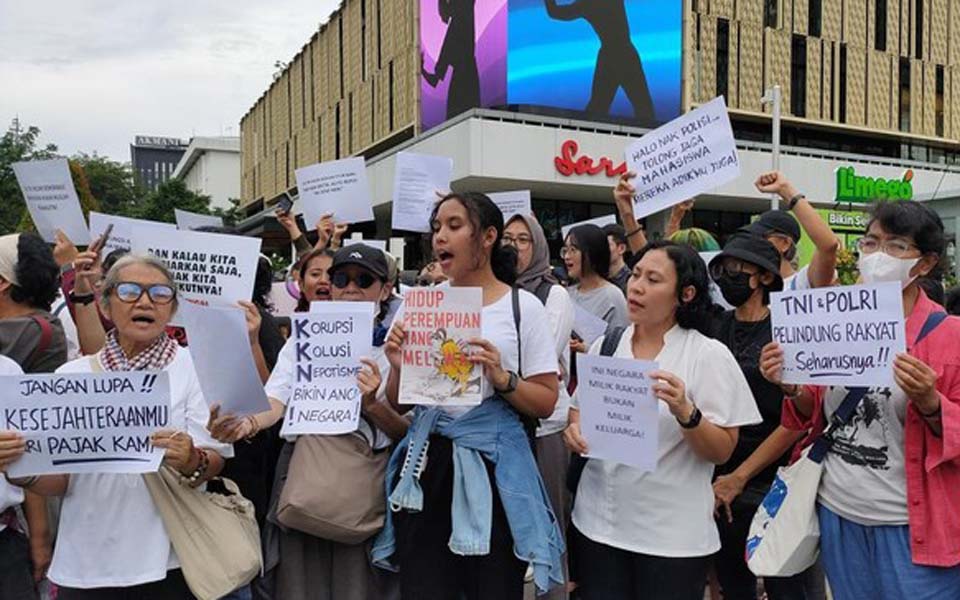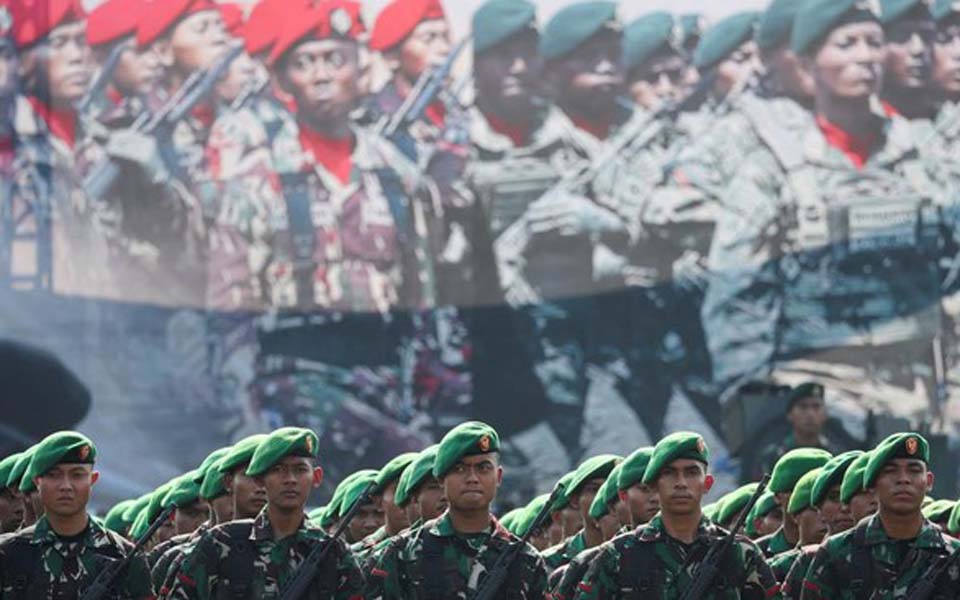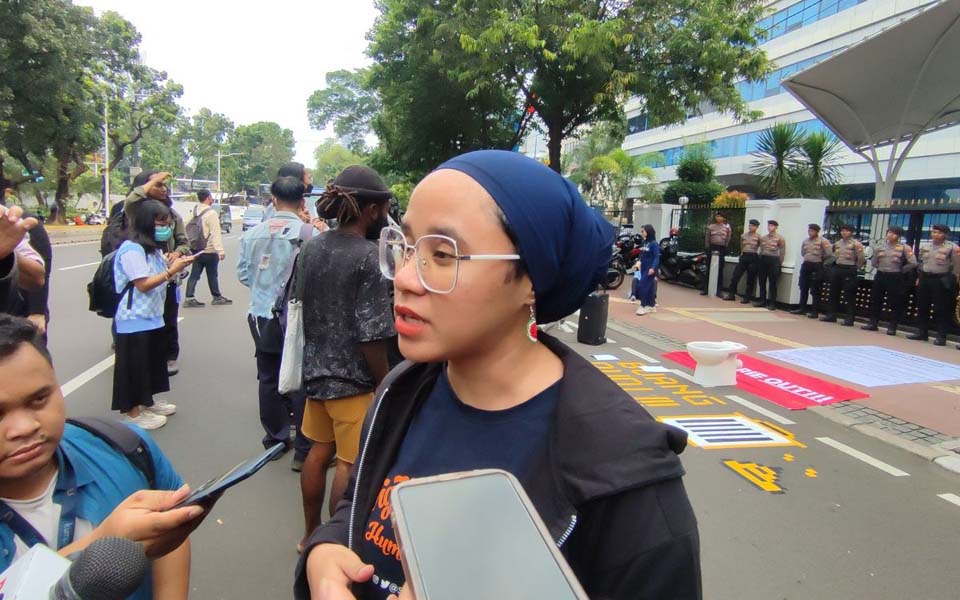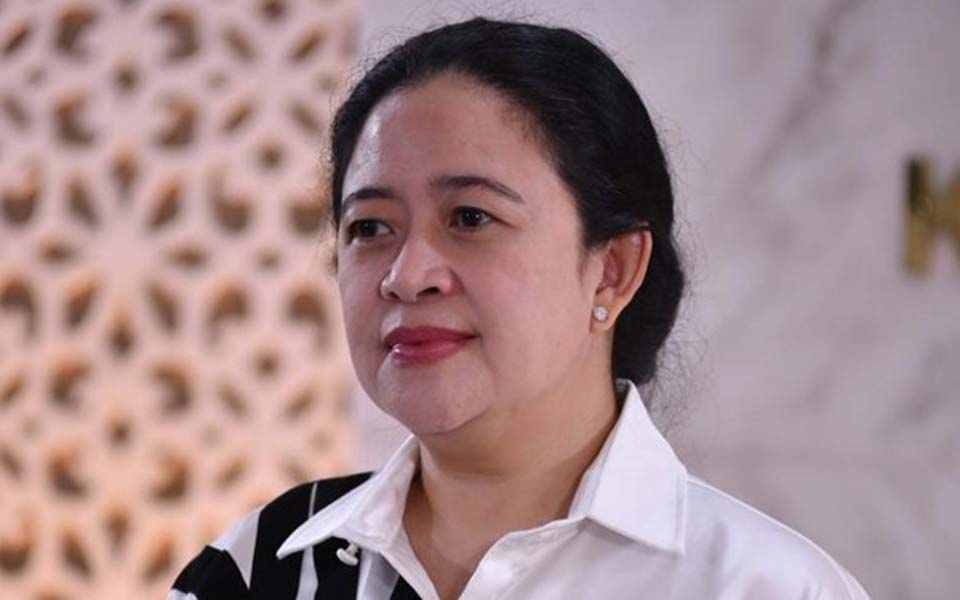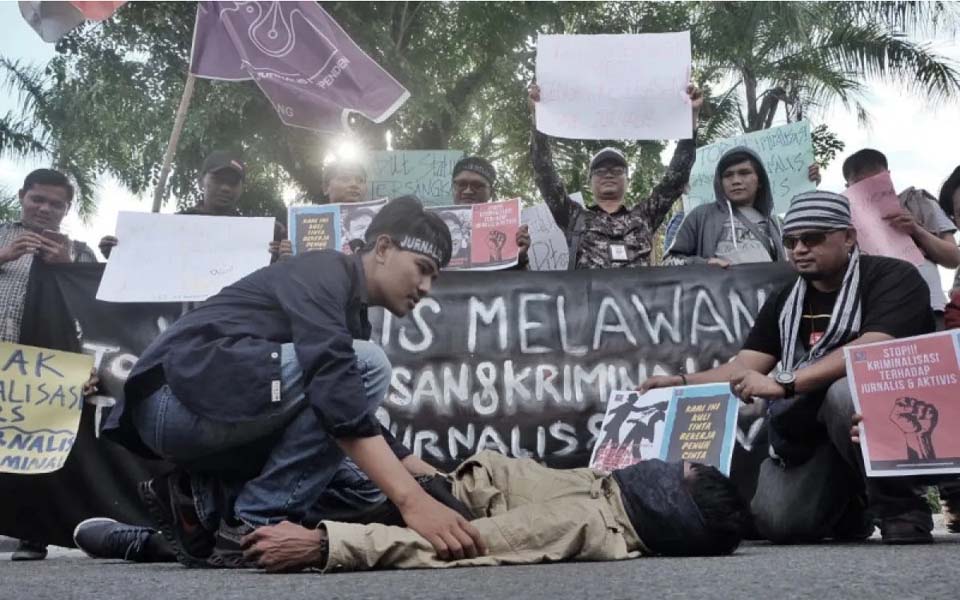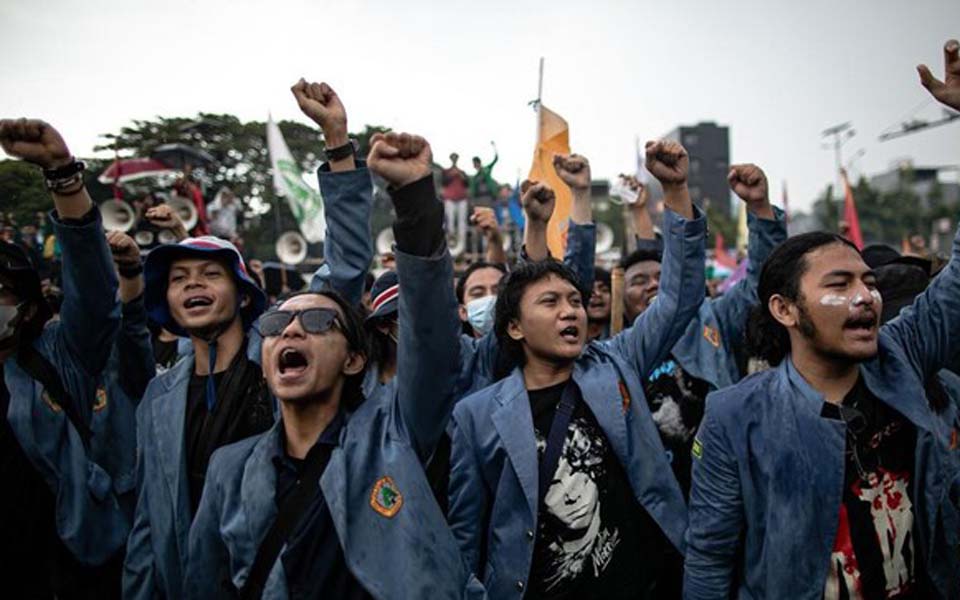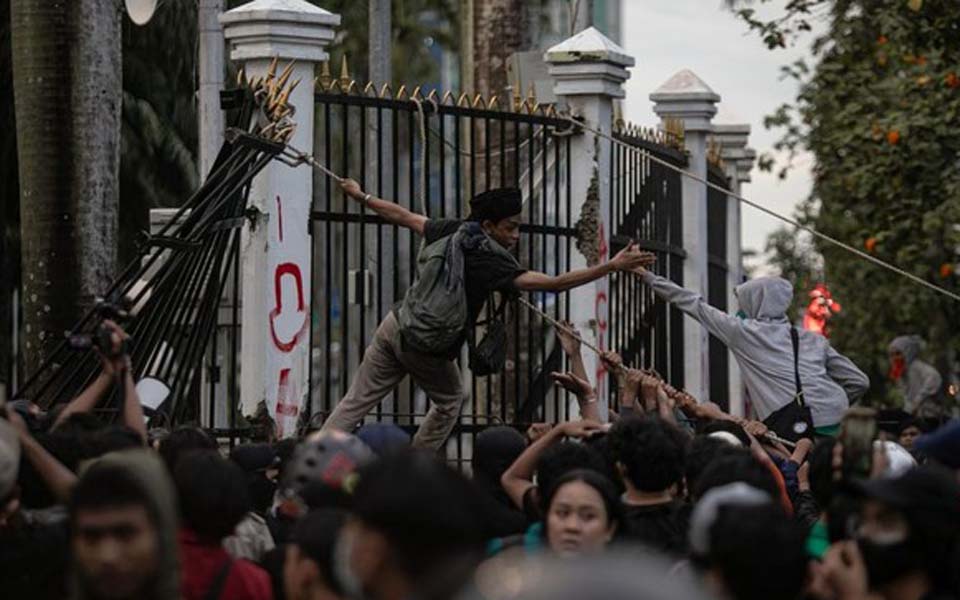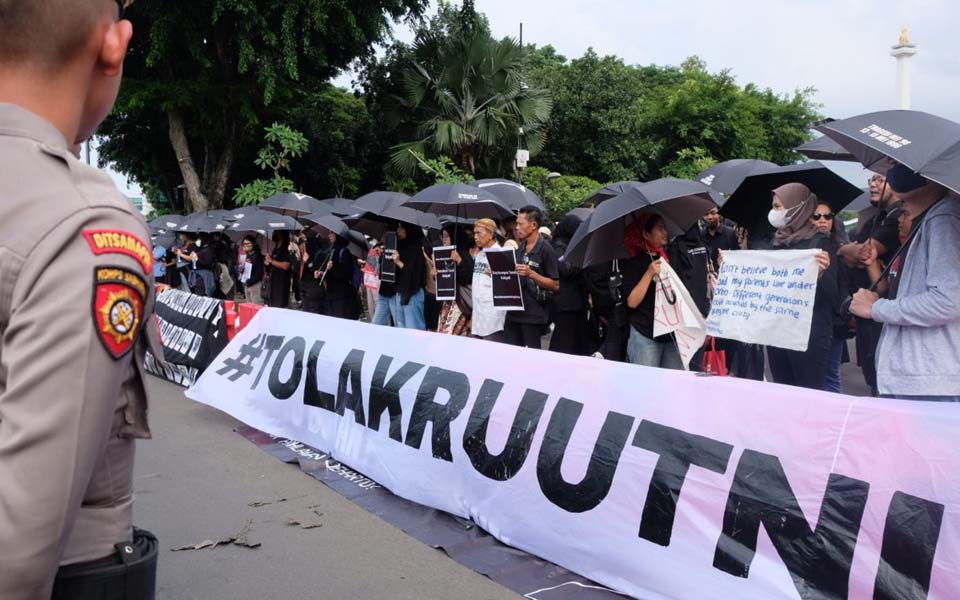Muhammad Nur Hayid, Jakarta – The plan to reactivate the territorial commands (Koter) down to the village level continues to spark polemic. Even the speaker of the People’s Consultative Assembly (MPR), Hidayat Nurwahid, has asked the government to consider the objections that have surfaced among the public.
Nurwahid said he had received a number of SMS messages about the public’s objection to the reactivation of Babinsa, the lowest institutional level of Koter. He has also obtained information that a number of Babinsa have gone to pesantrens (traditional Islamic boarding schools) asking about Kiais’ (Islamic scholar, head of pesantren) activities outside of the pesantrens.
It is because of this he is appealing to the government to pay attention to the public’s objections, in order that the TNI’s (Indonesian military) proactive role in fighting terrorism can be more effective.
“The government must respond to this. Because this opposition is indeed not coming from a large mountain, but from the smallest pebbles”, he said giving an analogy.
Nurwahid believes that the TNI’s involvement in fighting terrorism could actually be in the form of effective coordination between TNI intelligence and other intelligence institutions along with cooperating with police to prevent terrorism.
“The reactivation of Babinsa will revive the social trauma of the New Order period, this discourse must therefore be truly be taken into consideration in cabinet meetings”, said the Prosperity and Justice Party politician.
Nurwahid is also appealing to the House of Representatives to supervise government policy linked with the reactivation of Koter. He is proposing that a legal umbrella be formed on the TNI’s participatory role in assisting the fight against terrorism in order that friction does not occur with the police in the field. (umi)
[Translated by James Balowski.]






